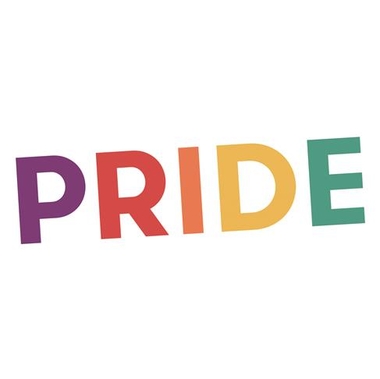Finding meaning in Pride (when you’re under 21)

by Hayden Smith
Staff Writer
It’s hard to feel at home during Pride when you can’t drink.
My first Prides left me feeling more than a little out of place last year. When I entered the festival grounds, first in Tulsa, then in Oklahoma City, beer and booze ads stretched as far as the eye could see. It seemed every food cart and every bar was having a special from an official sponsor.
I was initially unsure of how I could have fun and be a proud member of the community when I was too young to participate in such a heavily advertised activity.
This is not just relevant to Oklahoma – this is a nationwide phenomenon.
Major beer and liquor corporations, from Bud Light to Gray Goose, are more likely to profit off local Pride festivals, meaning they are more willing to shell out for funding as major sponsors.
These companies make a direct profit off the LGBTQ community’s well-documented substance abuse problem.
The U.S. Department of Health and Social Services reports that nearly 30 percent of gay and lesbian individuals experience problem drinking, alcohol dependency or alcoholism.
LGBTQ teenagers, meanwhile, are nearly 200 percent more likely than their straight, cisgender counterparts to use illicit substances such as drugs or alcohol, according to a study run by the University of Pittsburgh Medical Center.
A large part of Pride activities seem to revolve around drinking or entering bars. While there is good historical reason for this, it leaves underage attendees feeling a bit excluded, or worse – pressured to join in illegally. This goes without mentioning all LGBTQ adults of legal drinking age who wish to abstain from alcohol for health or personal reasons.
In the past, the only place where LGBTQ people could be out and proud was within the privacy of bars. While the landmark locations of our community’s history should most certainly be involved in our community celebrations, they should not necessarily remain the center of Pride.
Our community is growing, and with it, so too should our scope of involvement. I believe we are already heading in that direction.
I found comfort seeing the booths and sponsors, all the people there to support us, from a trans-friendly women’s clinic to local support groups for LGBTQ youth and adults to Free Mom Hugs.
I found resonance in the local performances from artists and groups within my community, speaking and singing our universal truths.
I found my place in Oklahoma City’s parade, marching arm in arm through the rain, through a sea of people cheering us on without regards to the downpour steadily increasing as we made our way down the strip.
Despite the initial awkwardness and pressure I felt for being under 21 last year, I still managed to carve out my own meaning in Pride. I feel confident I can do the same for myself again this year and I hope the rest of my chosen family can find their meaning, too.
Copyright 2017 The Gayly – June 9, 2017 @ 11:10 a.m.





